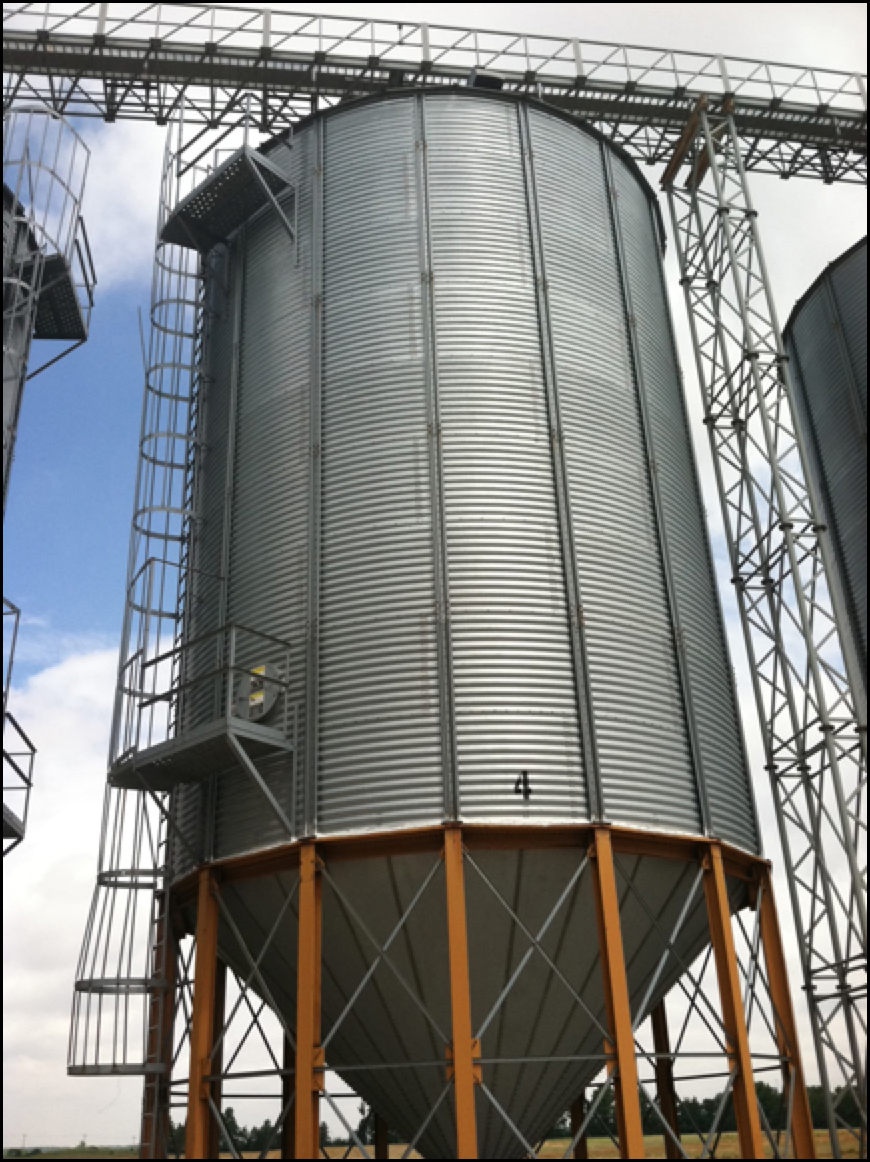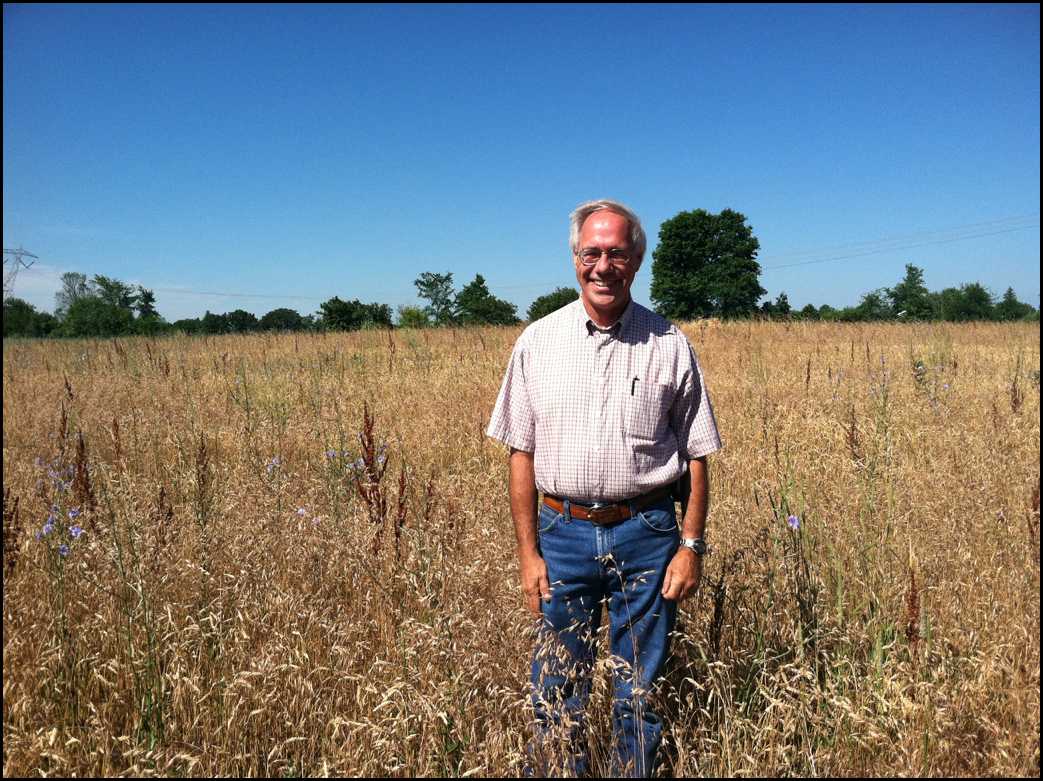Global Organic Alliance
Global Organic Alliance supports the right of certified organic enterprises to produce agricultural product on their own property free from the threat of contamination from unbound transgenic materials. As a certifier of organic farms, handlers, processors, manufacturers, and brokers of certified organic product on the continent of North America and abroad, genetically modified organism (GMO) material is a threat to the integrity of the certified organic label in all scopes of certification.

Here in the US, the NOP production standards prohibit the use of seed, inputs, or ingredients sourced from transgenic materials in 100% organic product. We support the cause of a pre-emptive lawsuit against Monsanto for the protection of growers for the following reasons:
1. Transgenic material does not discriminate, and will drift into neighboring fields whether those fields are managed with or without the use of genetically modified seed stock. Growers who do not choose to plant genetically modified seed should not be responsible for implementing costly protection measures to prevent contamination from nearby fields. If transgenic material is being produced, production methods should include provisions to prevent its spread as a contaminant to adjacent and neighboring fields
2. It is not the responsibility of the certified organic producer/land owner to maintain a paper trail verifying their use of transgenic product as a result of the unbound product trespassing onto and into their production areas. The producer of organic product is required by Federal Regulations §205.103 to maintain all documentation regarding seed stock and sourcing, product inputs to land, dates and rates of product applications, tillage and field history, buffer zone crop harvest and disposal, certified crop harvest and disposition, and many other records pertaining to the production of crop on certified land. Maintenance of paperwork is an investment of time, and growers of non-transgenic materials should not be responsible for maintaining a paper trail to prove their innocence and non-intentional use of GMO materials in the event of a contamination incident.
3. The hallmark of certified organic production is the audit trail which allows for complete traceability of product grown and handled according to the organic standard, from seed through harvest and processing, to sale to the end user. The burden of responsibility is high on the certified organic producer to not only maintain absolute control of their product at all stages of production and handling, but to verify control measures are executed by maintaining chain of custody forms and signed documentation to validate claims of product control.
Copies of the organic standards for producers, handlers, manufacturers, and brokers of certified organic products in the various scopes of international certification offered by Global Organic Alliance can be accessed from our website, http://www.goa-online.org/standards.html

Global Organic Alliance is an ISO 65 accredited institution and maintains strict compliance to US and international organic certifications. Compliance to these high standards is validated by annual and scheduled audits by the Japanese Agriculture Standard (JAS), National Organic Program (NOP-US), Canada Organic Regime (COR, and European Union (EU), as well as ISO. Global Organic Alliance is a privately owned corporation located in Bellefontaine, Ohio.


